The "Forum on Intellectual Property and High-quality Transformation and Development of China's Economy" was held at Tongji University on March 21 and addressed by Vice President LEI Xinghui. Sponsored by the School of Economics and Management, Tongji University (Tongji SEM) and Shanghai International College of Intellectual Property (SICIP), and organized by the Intellectual Property Laboratory of Tongji University and the MBA/EMBA Center of Tongji University, the Forum was attended online and offline by high-ranking officials from the Development Research Center of the State Council, Chinese Association for Science of Science and S&T Policy Research (CASSSP), China National Intellectual Property Administration and Shanghai Intellectual Property Administration, as well as teachers and students from Tongji University and Xiamen University. Vice President LEI Xinghui welcomed the participating experts and congratulated the successful holding of this Forum.
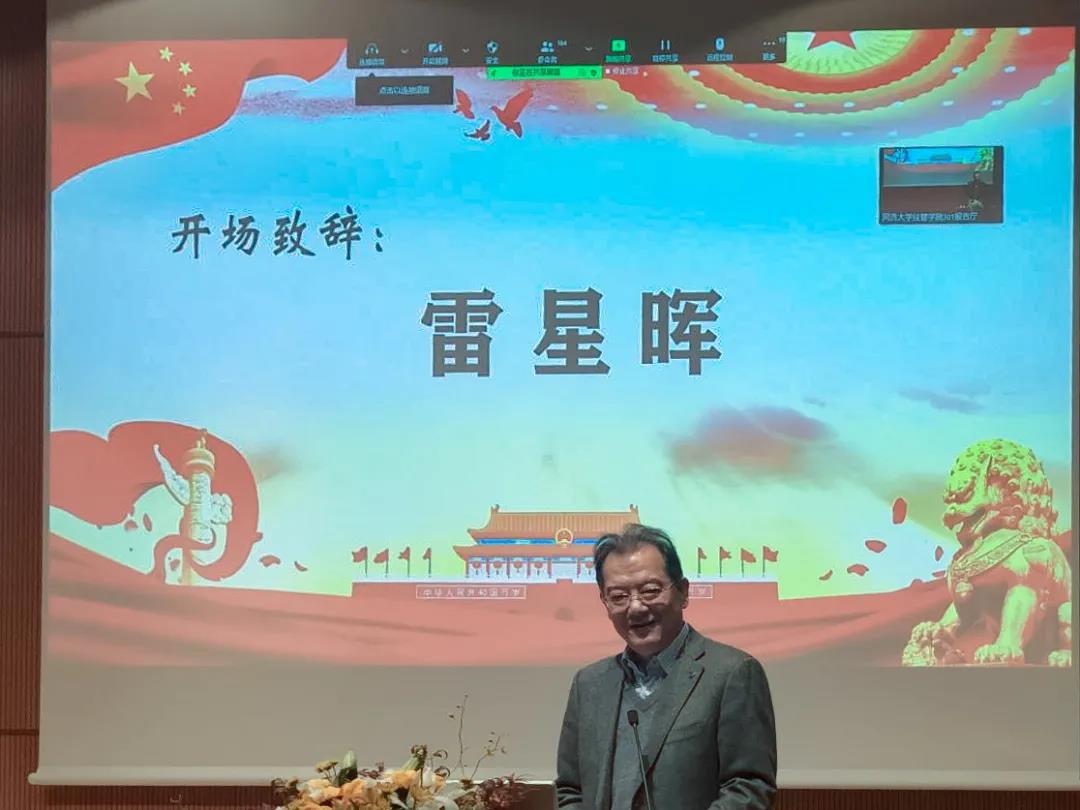
Vice President LEI Xinghui delivering opening remarks
Ms. LV Wei, delegate of the National People's Congress (NPC), member of the NPC Standing Committee and researcher at the Development Research Center of the State Council, shared her thoughts of and insights into how to drive the high-quality development of intellectual property in her keynote speech. She said that against the backdrop of the ever-increasing demand for original innovation capabilities within the enterprises, the inconsistency between the quantity and quality of the registered intellectual property rights, the new global developments in the arena of intellectual property competition and the associated rules, and the escalating online piracies and infringements with the advent of digital age, raising intellectual property protection to the height of an overarching national strategy is beyond doubt an important topic crucial to the national competitiveness and the modernization of governance efforts. Regarding how to drive the high-quality development of intellectual property, she held that sustained efforts must be made to strengthen basic research, to improve original innovation capabilities, to achieve breakthroughs in key technologies crucial to national security, to ensure the safety and stability of the industrial chains and supply chains, to put emphasis on the real economy, and to promote the transformation and upgrading of industries and technologies, thereby integrating indigenous innovation with open innovation and shaping a new economic development paradigm of "dual circulation".
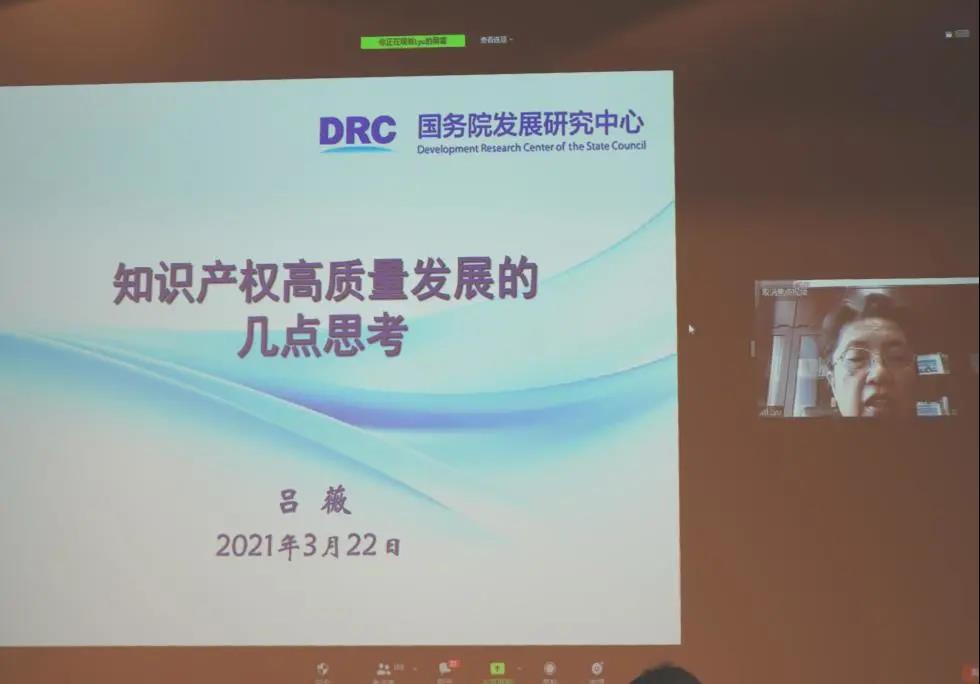
Ms. LV Wei delivering a keynote speech
Mr. MU Rongping, President of CASSSP, President of the China High-Tech Industry Promotion Society and researcher at the CAS Institute of Science and Development, made a comprehensively analysis of the paradigm combining the innovation-driven development strategy with intellectual property from the three perspectives of innovation-driven development, intellectual property policies and intellectual property governance, including how intellectual property policies can help shape competitive edge and fortify systematic innovation capabilities. In the meantime, he also contributed constructive suggestions for the entire knowledge production processes in colleges and universities. Citing "core position" and "self-reliance", two key words mentioned in the Communiqué of the Fifth Plenary Session of the 19th CPC Central Committee, he held that technological innovation plays a pivotal role in China's push for modernization and stressed that efforts must be put in place to deepen institutional reforms, to build an enabling environment for intellectual property protection, to improve the quality of intellectual property examination, to extend the capabilities of the patent operation and service system, and to ratchet up the fostering of intellectual property professionals.
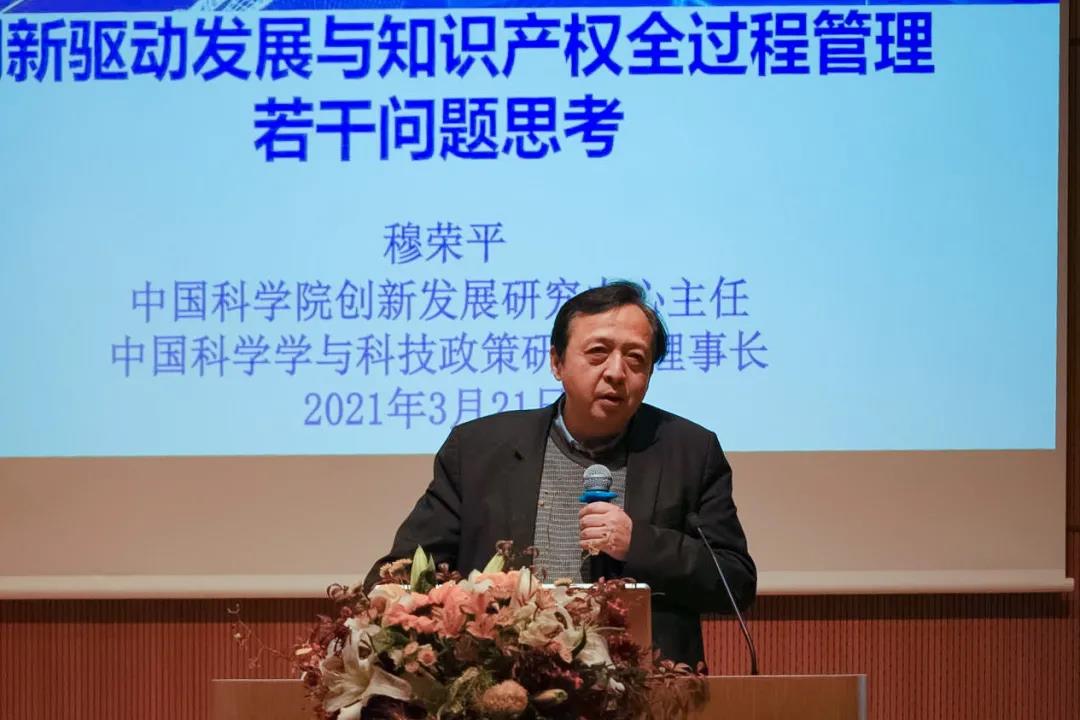
Mr. MU Rongping sharing his ideas)
Mr. HAN Xiucheng, Director-General of the Intellectual Property Development & Research Center, China National Intellectual Property Administration, offered his insightful thoughts on ensuring advanced innovation and high-quality development through intellectual property incentives. Intellectual property, he said, is the key to high-quality development, and only by strictly protecting intellectual property can we ensure high-quality development, build a whole-new development paradigm and maintain national and economic security. He added that intellectual property protection is crucial to the successful roll-out of a new development paradigm and that it's imperative to bring into full play the decisive role of intellectual property in the new development paradigm and to make the most of the intellectual property strategy under the new development paradigm that is underlain by "dual-circulation".
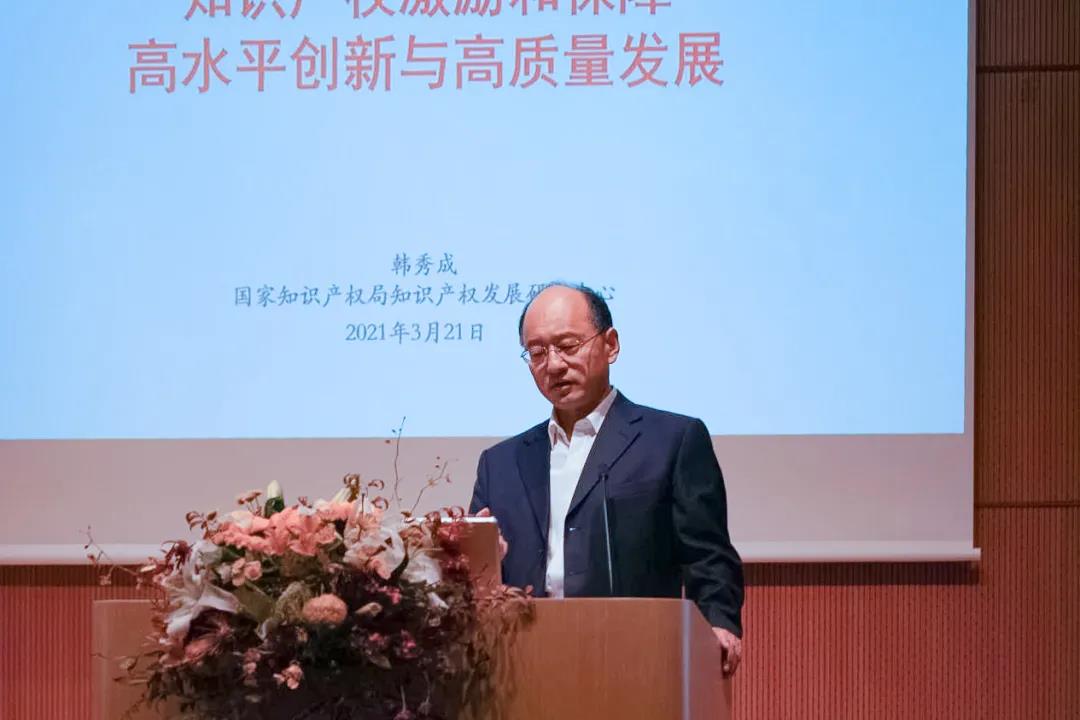
Mr. HAN Xiucheng delivering a speech
Mr. LV Guoqiang, former Director-General of Shanghai Intellectual Property Administration, shared his insights into intellectual property and the sweeping blueprint for developing Shanghai into a global hub of technological innovation. He said that as the main theme of China's socioeconomic development in the years to come, high-quality development would shore up China's modernization drive, and that Shanghai has made notable headway over the past years in intellectual property reform, intellectual property protection, talent fostering and international cooperation. He added that Shanghai will focus its future development efforts on the high-level reform and opening up of Pudong New Area, the construction of Shanghai Pilot FTZ Lingang New Area, the SSE STAR Market, the integrated development of the Yangtze River Delta and China International Import Expo (CIIE), that the work on intellectual property must continue to underpin the thriving development of Shanghai, and that efforts must be focused on strengthening top-level design, improving the working mechanisms for intellectual property protection, pushing for the commercialization and application of intellectual property, and revving up the international cooperation on intellectual property.
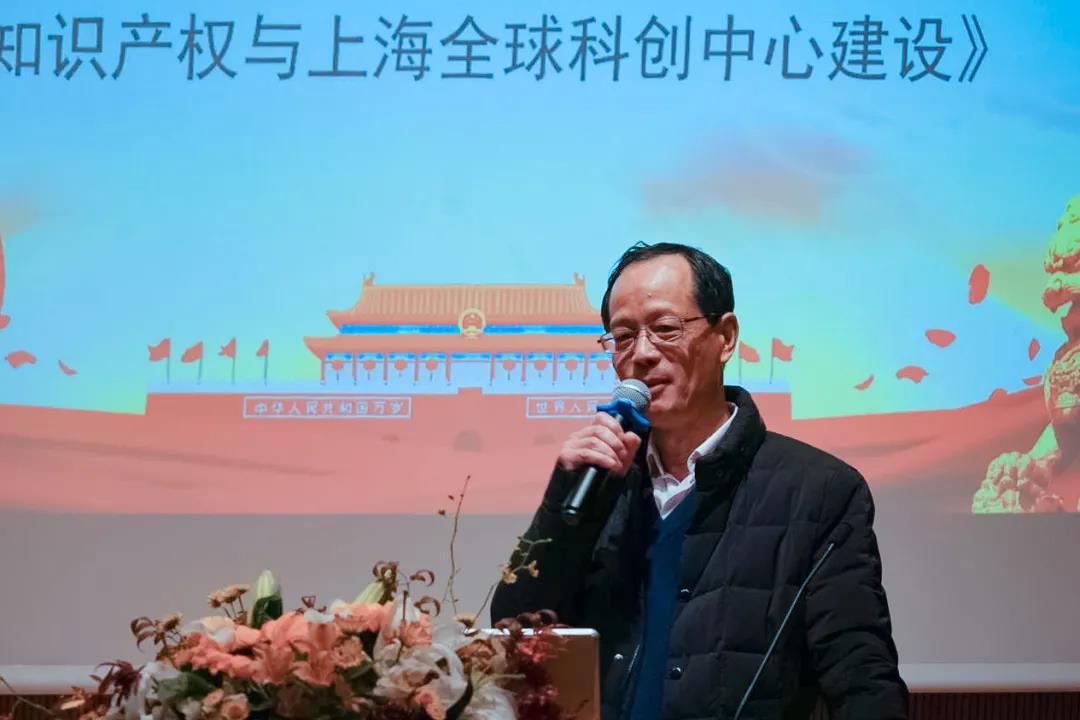
Mr. LV Guoqiang delivering a speech
With the theme of "Challenges and Opportunities Facing the Intellectual Property Industry Amid High-Quality Development", Professor LONG Xiaoningfrom Xiamen University, interpreted intellectual property from an economic perspective, pointing out that the intellectual property industry rivals the importance of the financial industry and that its nature as a new breed of production-oriented service industry could spark disputes over its price characteristics. The construction of the intellectual property protection system, she said, is now faced with two major challenges --"how to implement effective intellectual property protection" and "how to determine the optimal level of intellectual property protection". LONG argued that the calculation of the amount of damages in judicial proceedings can help determine the price of intellectual property and that the construction of legal infrastructure is also of paramount importance. She added that intellectual property protection serves as an important means to push for legal construction and to optimize the legal environment, while the competitive edge in innovation could also amount to the decisive strength in legal environment.
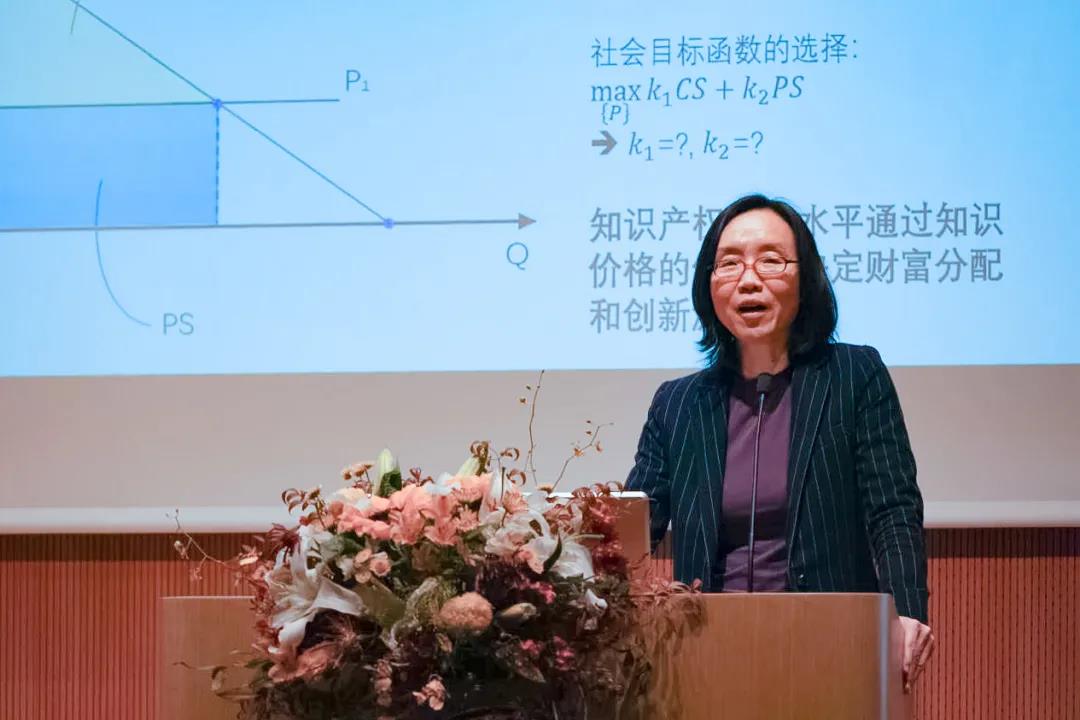
Professor. LONG Xiaoning sharing her ideas
Focusing on the fostering of world-class examination agencies, Professor Mao Hao from SICIP, Tongji University, discussed the transformation of Chinese examination agencies and the challenges facing them. He argued that amid the fundamental shift of China's economy toward high-quality development, Chinese examination agencies must move for a fundamental change. First, efforts must be made to reinforce the basic functions of the patent system by restoring the price leverage of patent fees, strengthening patent infringement compensation, filtering out low-quality patents, improving early secondary confirmation, weakening the use of utility models, and reinforcing the role of market-based financing. Second, efforts must be made to optimize the patent examination procedure by employing a variety of reform measures, such as the in-depth integration of preliminary examination and substantive examination, to shorten the examination cycle, to improve the examination quality and to meet diversified social needs. Third, efforts must be made to reform the organizational structure of patent examination agencies by establishing interdisciplinary examination units in order to effectively respond to the emergence of new technologies, setting up parallel examination processes and considering to set up the office of patent economists. Fourth, efforts must be made to reinforce the supporting role of the national patent examination agency in shoring up national economic development and innovation-driven development, such as guiding the macro-governance authority to establish scientific assessment standards, instituting an assessment system oriented by quality efficiency, structural space and growth matching, and pushing for the coordinated development of patent examination agencies and the national judicial and administrative governance systems.
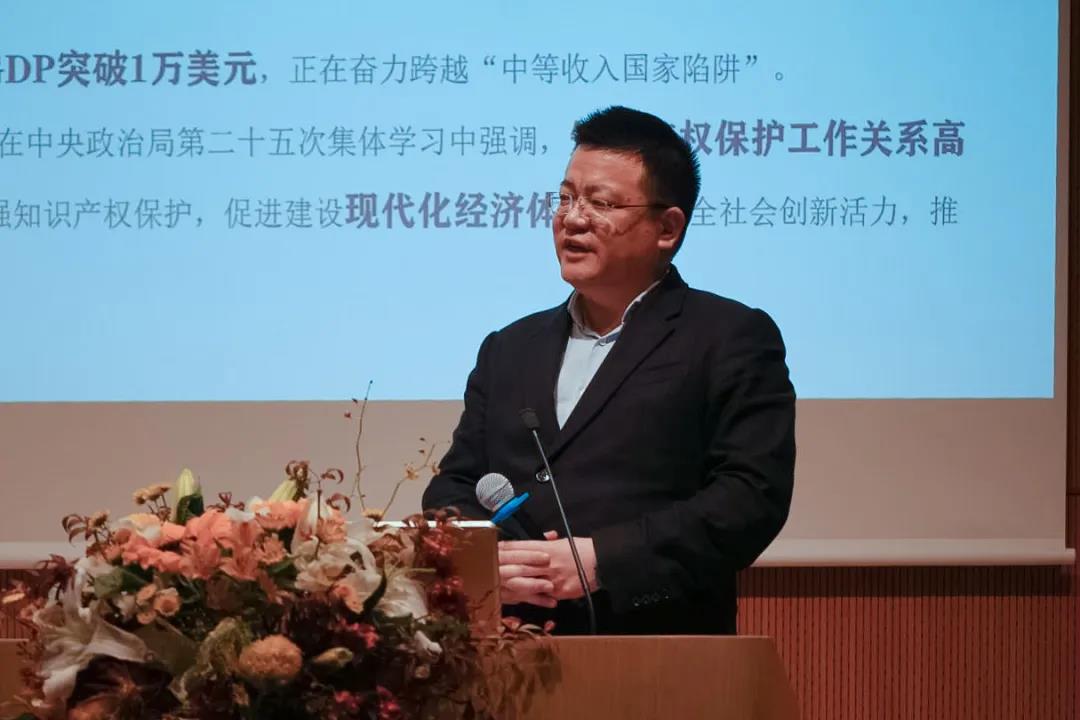
Professor MAO Hao delivering a speech
During the round-table discussion, participants discussed the role and impact of policies and how to evaluate the value of intellectual property. Professor SHAN Xiaoguang, Dean of SICIP, Tongji University, held that it's difficult to price intellectual property through prices or figures, and that intellectual property itself has a "capability" attribute that makes it a process of "capability transfer" and "continuous billing". Professor CHEN Qiang from Tongji SEM pointed out that intellectual property is virtually an effective means to integrate with the market, in which disciplines and knowledge spillovers interact closely with market demand and eventually converge into the work of intellectual property protection, and that under strong government regulation, the value of intellectual property will be reflected in its market value. Mr. LV Guoqiang highlighted the importance of the quality of intellectual property, arguing that the work on intellectual property in the current stage should focus on improving the "quality" rather than pumping up the "quantity". Mr. HAN Xiucheng shared his views on abnormal patent applications, pointing out that China's policies point to a correct and clear direction which requires us to avoid generating abnormally high-value patents and all provinces and municipalities to unify their standards in order to avoid inconsistency in intellectual property evaluation. Mr. MU Rongping argued that the ultimate goal of all policies is to encourage the improvement of innovation capabilities under the intellectual property incentives, not for evaluation or pricing. To conclude, Professor LONG Xiaoning pointed out from the perspective of regulatory economics that regulations and policies might create unintended consequences, and hence it's necessary to utilize an array of typical intellectual property cases to calculate the amount of compensation for high-value patents as accurately as possible to ensure the effective implementation of relevant policies.
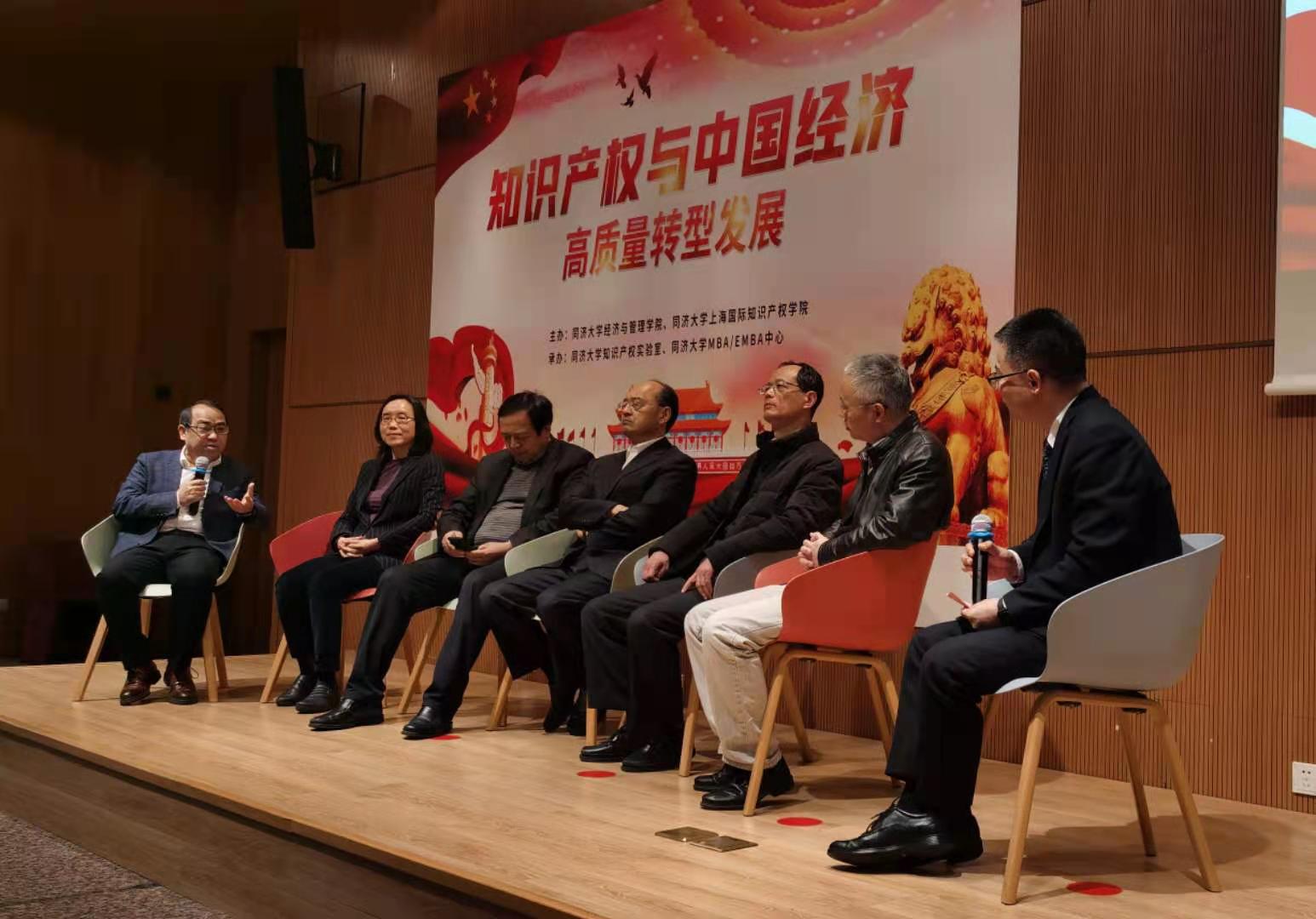
Round-table Discussion
A high-ranking official introduced the determined drive of SICIP to forge a best-in-class intellectual property discipline oriented by sustainable development, to push for the diversification and internationalization of its intellectual property discipline, to build a world-class base for fostering top-notch intellectual property professionals and an intellectual property research think tank with global influence, and to support and serve the national strategy of strengthening the country through intellectual property, the resolve of constructing Shanghai into a global hub of technological innovation and other important national strategies and arrangements. Upholding the mission of creating new management knowledge, cultivating industry elites, practicing sustainable development and responding to global challenges, and aligning its teaching and research work to the actual needs of disciplinary construction and economic construction, Tongji SEM has taken academic research as the core part of its development and internationalization as its characteristic path of development to foster and bring together top-notch scholars that would contribute to the high-quality transformation and development of China's economy. This Forum, as a joint initiative of SICIP and Tongji SME, aims to gather academic and industry experts to provide strong research support and a high-caliber talent pool that would bolster China's efforts to push for high-quality economic transformation and development and to build itself into a modern socialist country.
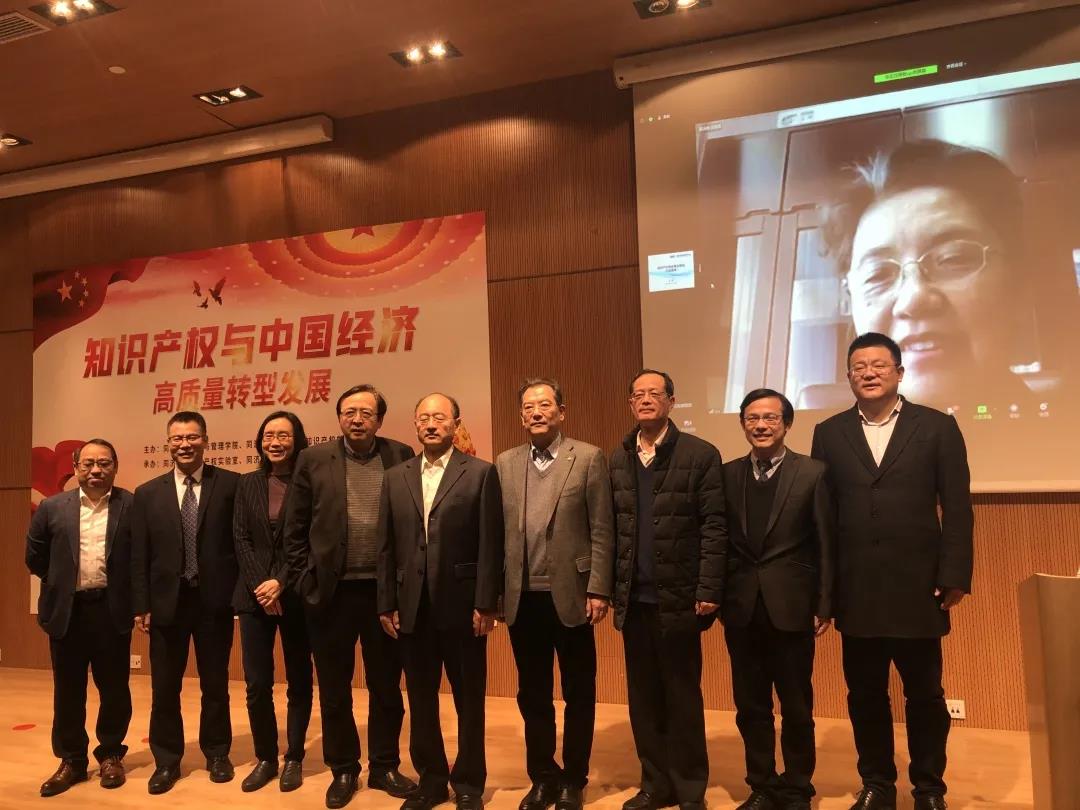
Participanting experts
https://news.tongji.edu.cn/info/1002/76925.htm